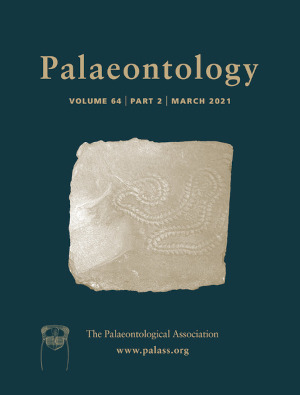Reg. Charity No. 1168330

In contrast with the well documented strain on extant amphibian and reptile populations today, the Quaternary fossil record of these groups is very conservative showing few changes over long periods of time. In order to establish the non-human-induced effect of climate change on herpetofaunal diversity, we collected data from Pleistocene sites in the Sierra de Atapuerca complex (Burgos, Spain), which records the last few million years of changes. Diversity was measured in terms of richness and evenness indices and its relationship to the climatic parameters was analysed with OLS regression models. The highest diversity (richness and evenness; 1-D) occurred in periods considered to be analogues of the current interglacial, whereas minimum diversity values were reached during periods when conditions were harsher (cooler or glacial stage). In all cases, the diversity values were always restored subsequently, pointing to great resilience. Temperature proves to be the most influential climatic factor. Accordingly, amphibians and reptiles have been able to overcome previous climatic changes successfully. In contrast, the effects of anthropization have generated an uncommon loss of diversity, the like of which has not been seen in the last few million years. The data presented here demonstrate that the current amphibian loss seems to be driven by anthropogenic influence, with climate a factor of a secondary importance.